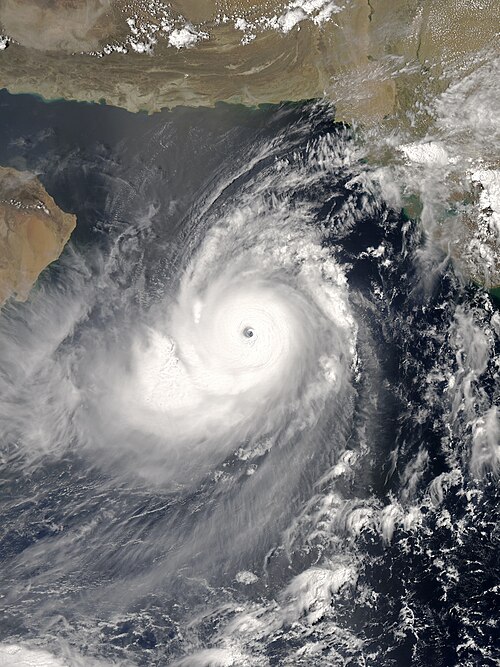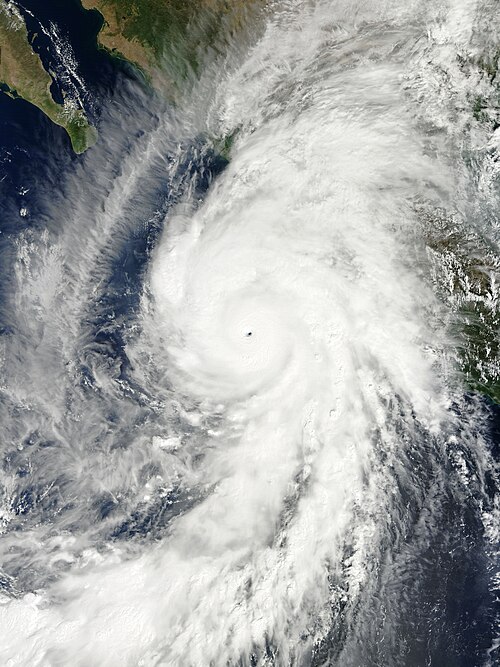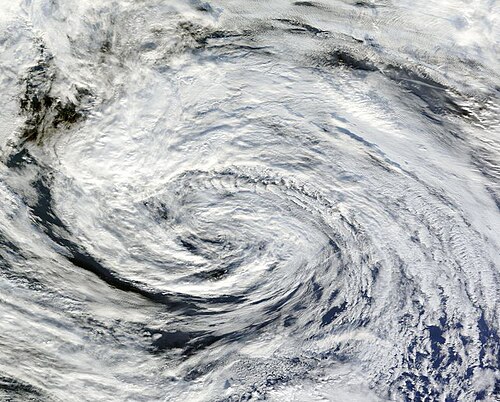Depressionnoun
(psychology) In psychotherapy and psychiatry, a state of mind producing serious, long-term lowering of enjoyment of life or inability to visualize a happy future.
Depressionnoun
(geography) An area that is lower in topography than its surroundings.
Depressionnoun
(psychology) In psychotherapy and psychiatry, a period of unhappiness or low morale which lasts longer than several weeks and may include ideation of self-inflicted injury or suicide.
Depressionnoun
(meteorology) An area of lowered air pressure that generally brings moist weather, sometimes promoting hurricanes and tornadoes.
Depressionnoun
(economics) A period of major economic contraction.
Depressionnoun
Four consecutive quarters of negative, real GDP growth. See NBER.
Depressionnoun
The act of lowering or pressing something down.
Depressionnoun
A lowering, in particular a reduction in a particular biological variable or the function of an organ, in contrast to elevation.
Depressionnoun
The act of depressing.
Depressionnoun
The state of being depressed; a sinking.
Depressionnoun
A falling in of the surface; a sinking below its true place; a cavity or hollow; as, roughness consists in little protuberances and depressions.
Depressionnoun
Humiliation; abasement, as of pride.
Depressionnoun
Dejection; despondency; lowness.
Depressionnoun
Diminution, as of trade, etc.; inactivity; dullness.
Depressionnoun
The angular distance of a celestial object below the horizon.
Depressionnoun
The operation of reducing to a lower degree; - said of equations.
Depressionnoun
A method of operating for cataract; couching. See Couch, v. t., 8.
Depressionnoun
a mental state characterized by a pessimistic sense of inadequacy and a despondent lack of activity
Depressionnoun
a long-term economic state characterized by unemployment and low prices and low levels of trade and investment
Depressionnoun
a sunken or depressed geological formation
Depressionnoun
sad feelings of gloom and inadequacy
Depressionnoun
a time period during the 1930s when there was a worldwide economic depression and mass unemployment
Depressionnoun
an air mass of lower pressure; often brings precipitation;
Depressionnoun
a state of depression and anhedonia so severe as to require clinical intervention
Depressionnoun
a concavity in a surface produced by pressing;
Depressionnoun
angular distance below the horizon (especially of a celestial object)
Depressionnoun
pushing down;
Cyclonenoun
A system of winds rotating around a center of low atmospheric pressure.
Cyclonenoun
A low pressure system.
Cyclonenoun
(informal) The more or less violent, small-scale circulations such as tornadoes, waterspouts, and dust devils.
Cyclonenoun
A strong wind.
Cyclonenoun
A South Pacific and Indian Ocean weather phenomenon that results in wind speeds of around 150 to 200 km/h.
Cyclonenoun
A cyclone separator; the cylindrical vortex tube within such a separator
Cyclonenoun
A violent storm, often of vast extent, characterized by high winds rotating about a calm center of low atmospheric pressure. This center moves onward, often with a velocity of twenty or thirty miles an hour.
Cyclonenoun
In general, a condition of the atmosphere characterized by a central area of pressure much lower than that of surrounding areas, and a system of winds blowing inward and around (clockwise in the southern hemisphere and counter-clockwise in the northern); - called also a low-area storm. It is attended by high temperature, moist air, abundant precipitation, and clouded sky. The term includes the hurricane, typhoon, and tropical storms; it should not be applied to the moderate disturbances attending ordinary areas of low pressure nor to tornadoes, waterspouts, or "twisters," in which the vertical motion is more important than the horizontal.
Cyclonenoun
A tornado. See above, and Tornado.
Cyclonenoun
(meteorology) rapid inward circulation of air masses about a low-pressure center; circling counterclockwise in the northern hemisphere and clockwise in the southern
Cyclonenoun
a violent rotating windstorm
Cyclonenoun
a system of winds rotating inwards to an area of low barometric pressure, with an anticlockwise (northern hemisphere) or clockwise (southern hemisphere) circulation; a depression.
Cyclonenoun
another term for tropical storm
Cyclone
In meteorology, a cyclone () is a large scale air mass that rotates around a strong center of low atmospheric pressure, counterclockwise in the Northern Hemisphere and clockwise in the Southern Hemisphere as viewed from above (opposite to an anticyclone). Cyclones are characterized by inward-spiraling winds that rotate about a zone of low pressure.














